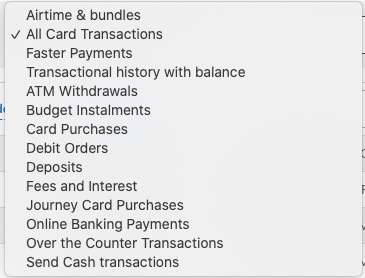Changelog
Follow up on the latest improvements and updates.
RSS
new
fixed
October release notes
For the October release, we have focused on exposing endpoints to make it possible to programmatically perform common Programmable Banking functionality through the API.
What's new
Here is a list of the card endpoints
- Get all cards: You can pull a list of all cards associated with the profile.
- Get code: You can pull all the code that is saved to the card.
- Get published code: This will allow you to get the code that is published and will be executed when a card transaction occurs.
- Update code: You can save all unpublished code to the card.
- Publish code: You can publish the saved code to the card
- Get environment variables: You will be able to pull the environment variables associated with the card.
- Update environment variables: This allows you to update the full set of environment variables associated with the card.
- Execute code: You can execute a simulation transaction, in Sandbox, to the card.
- Get executions: You can see all the executions, both simulated and actual, against the card.
What is fixed
Running balance: Negative balances now comes back with a negative sign.
Coming soon!
Private Banking transfer endpoints: This will enable you to transfer funds between accounts much the same way that you are able to in Investec Online currently.
new
Open API
New Corporate Banking Endpoints
Investec CIB Open API
- CIB clients need to be able to extract their Accounts, Balances, Transactions and Cards
- Exposing this can relieve loads of manual work to import this data into clients’ own financial systems. We have existing clients waiting for this
- Apigee, .Net Core
new
improved
Open API
🚀 New feature: Transaction type filter on the Open API
Question
for the Investec Team…Can we get these filters on the transaction statement exposed on the Open API?

Answer:
Hi, this request has been implemented and released into prod. You will notice an additional transactionType
field in the response payload. NOTE
: Not all transactions will have a specified transactionType, only where relevant. In addition, you will be able to filter transactions by transactionType
with the inclusion of a query string parameter, for example: